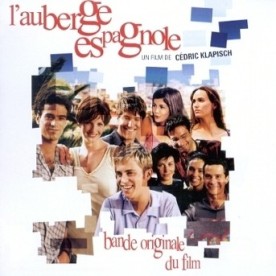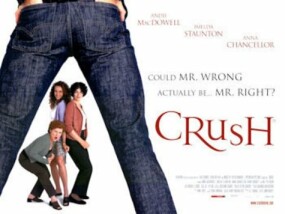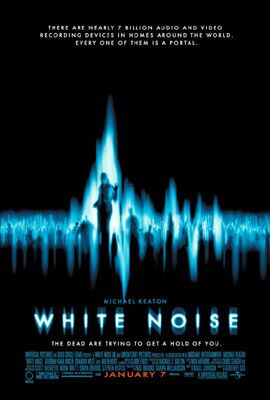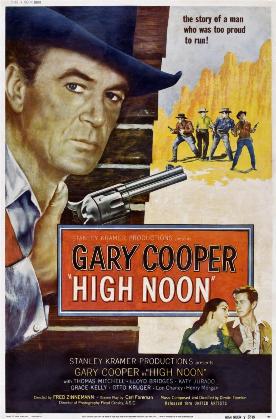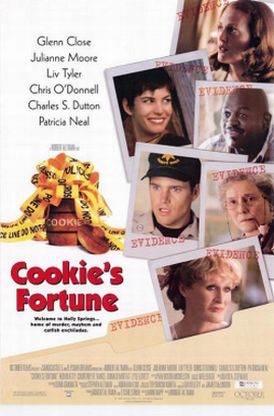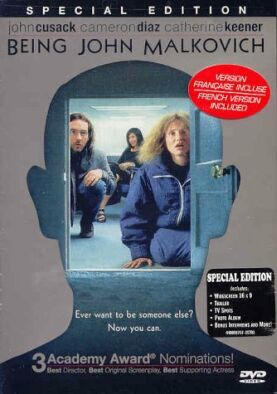Auberge Espagnole, L’ (The Spanish Apartment)
It’s a little hard for me to figure out what was the thinking behind the marketing decision that put Cédric Klapisch’s L’Auberge Espagnole into American multiplices. Not only is it an embarrassingly soppy paean to the new Europe, but it throws in a gratuitous suggestion that European unity is a necessary bulwark against America. The film was made before the wave of anti-Americanism in Europe that coincided with the Iraq war, but it certainly found its moment. In Europe, its portrayal of Americans as stupid, boorish and oversexed in comparison to the sympathetic youths from France, Germany, Denmark, Belgium, Britain, Spain and Italy who share a spacious apartment in Barcelona while studying at the university there will probably be welcomed. But why would anyone suppose that such an idea would go down well in the U.S.?
Xavier (Romain Duris), a handsome young Frenchman, is advised by a high government official who is a friend of his father’s that in order to get a plum job in the Euro-bureaucracy he should go off to study economics in Spain for a year. This he does, under the auspices of the Erasmus program, though he confides in the audience that as a boy he had always wanted to be a writer. Guess what he ends up doing in the end? But in fact Xavier’s career ambitions are at best incidental to the film’s concerns, which are to show how young people of different European backgrounds are really more or less the same, and can easily learn to get along together in the spirit of European unity.
In other words, it is a propaganda film. Nor is it only Europe that it promotes. Though Americans don’t come well out of it, Klapisch — whose earlier films, Chacun Cherche son Chat and Un Air de Famille, both of 1996, I liked a lot — also picks up a favorite trope of Hollywood, which is the integration of gay characters into the general mélange as emblems of diversity and joie de vivre. L’Auberge Espagnole (literally: the Spanish inn) is a French expression meaning a free-for-all, or, as Xavier translates it, “Euro-pudding,” and the gay theme, like the confusion of Euro-bureaux, is part of the more general theme of things being “messed up.” Xavier’s best friend is the pretty Belgian lesbian, Isabelle (Cécile De France), who tells him: “It’s a shame you’re not a girl.”
“The world’s badly made,” says Xavier meditatively. But in fact, its messiness and untidiness, like that of the ramshackle apartment, is also its chief attraction. At the conclusion, an upbeat Xavier observes: “I’m like Europe: a real mess”
How nice for him.
Not that there are not things to like about the film, starting with its humorous look at bureaucracy and moving on to Xavier’s rather sweetly weeping on the plane as he leaves his sad-looking “hippy” mother (Lise Lamétrie) and his girlfriend, a sour and humorless feminist called Martine (Audrey Tautou), standing forlornly together at the airport. I also liked the English girl, Wendy (Kelly Reilly) and her visiting brother, William (Kevin Bishop), who is dumb and insensitive about his sister’s Euro friends and is asked to leave after he suggests an attachment to offensive national stereotypes, at one time jokingly attempting to associate the German boy, Tobias (Barnaby Metschurat), with Adolf Hitler.
Of course this is an offensive stereotype of the English, though the charming Wendy is presumably an apology for it, and William turns out to be a brick, with a b, when he pretends to be the one in bed with another visitor, a dumb American boy (another offensive national stereotype), when Wendy’s English boyfriend Alistair (Iddo Goldberg) turns up unexpectedly and inspires the entire household, scattered all over the city, to converge on their apartment to head him off before he catches Wendy in bed with the American. It’s a fine comic moment, though hard luck on poor old Alistair, of course.
Potentially the best thing about the film are the French newlyweds, the charmingly clueless Anne-Sophie (Judith GodrPche) and her insensitive, bossy husband, the neurologist Jean-Michel (Xavier De Guillebon), whom Xavier meets at the airport on landing. While he is spending long hours at the hospital, Jean-Michel pushes Anne-So together with Xavier with predictable results, but neither Xavier and Anne-Sophie nor Anne-Sophie and Jean-Michel are given enough to do. The doctor’s explanation of the working of the human brain with the help of miscellaneous menu items keeps looking as if it is eventually going to be significant but never quite is.
“What a system!” seems to be the message about the brain, about the Erasmus program, about the Euro-pudding apartment, about the E.U. and about the whole wild, wacky, wonderful world itself. Like most propaganda it’s all just a little too easy.
Discover more from James Bowman
Subscribe to get the latest posts to your email.

